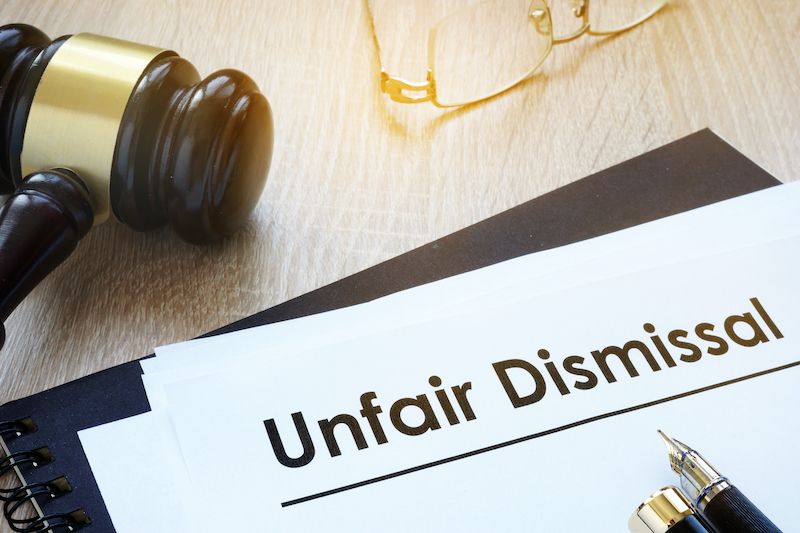

A kitchen assistant has lost her claim of unfair dismissal after a dispute over a holiday request that led to her resignation.
Anda Priedava saw her complaint against Hansen's Owner Anthony Hansen dismissed by the Employment & Discrimination Tribunal.
On Friday 7 February, Miss Priedava spoke to Mr Hansen's wife, Maija, at the 'Grab & Go' shop in the Pollet.
Miss Priedava asked if she could take holiday between 12 and 28 July, making it clear that she proposed to book flights and accommodation that same day.
Mrs Hansen, who had returned from holiday herself that Thursday, text Miss Priedava back on the Saturday saying that another employee had also applied for time off.
The following day at 11:00, Mr Hansen called Miss Priedava while at work asking if she knew that a colleague was getting married that month, which she did. Because of that, Mr Hansen said he could not sign off Miss Priedava's holiday request.

Pictured: The Employment & Discrimination Tribunal is a form of court, albeit one of the lowest divisions.
Miss Priedava responded by saying she had already paid for flights and accommodation at a cost of £1,000. Mr Hansen is alleged, by Miss Priedava, to have replied to that by saying "the choice is yours", which she interpreted as a clear indication that if she did go on the holiday as planned she would lose her job.
Giving evidence, Mr Hansen said his actual comment was "that was your choice" and that it was not the ultimatum that she believed it to be.
Later that afternoon, Miss Priedava messaged her employer saying she had made her choice and had decided to resign.
There was a major point of dispute between the parties about a deleted text message sent by Mr Hansen in response to that message. Miss Priedava claimed that it said "Good you are going like that I don't need to sack you. Everybody is fed up about you and nobody likes working with you."
Mr Hansen "cannot remember precisely "what the text said, but "regretted" sending it and thought it was "unprofessional" of him. He contested that the gist of the message was "the staff and I are disgusted with what you have done."
Tribunal Chairman Advocate Jason Hill said the central issue in this case is what caused Miss Priedava to hand in her notice.
"The Tribunal unanimously finds that it was the applicant's belief that if she took her holiday as planned, the respondent would dismiss her."

Pictured: Mr Hansen admitted he had sent an "unprofessional" and "unpleasant" text to Miss Priedava following her resignation.
"Furthermore, the Tribunal also finds that any acts of "unpleasantness" (whether amounting to bullying or not) from the respondent towards the applicant only occurred after she had given her notice to him."
It was noted that Miss Priedava went on to work through her notice period, which Mr Hansen suggested she would not have done if things were as bad as she was now claiming.
Miss Priedava said her main motivation for bringing the case to court was to expose her former employer's "bullying" behaviour, rather than any financial compensation she would get if successful.
Mr Hill questioned whether Miss Priedava's "subjective anticipation of future behaviour towards her" was "sufficient justification" for an unfair dismissal claim.
"Whatever the answer to this question of general principle, the Tribunal finds that it is not necessary to explore it since the applicant not only worked out her two weeks' notice, but also an extra five days.
"The only reasonable conclusion to be drawn from this is that the applicant was willing to be exposed to her employer's behaviour during that time and that it could not have been sufficient to justify her terminating her contract of employment without notice.
"In any event, the evidence before the Tribunal was that the applicant had given her notice before any perceived objectionable behaviour (whether it occurred or not) actually took place from the applicant's point of view. As a matter of law, the applicant's giving notice was not linked to or caused by that behaviour.
"On either basis the applicant's claim for constructive dismissal must therefore fail."
Comments
Comments on this story express the views of the commentator only, not Bailiwick Publishing. We are unable to guarantee the accuracy of any of those comments.